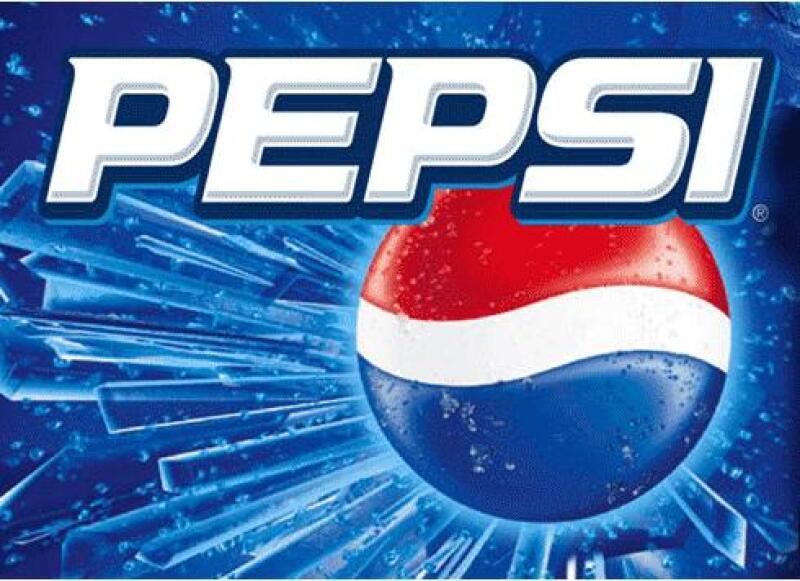And the Canadian Supreme Court ensured a grand finale to 2012 by delivering its first transfer pricing decision. International Tax Review looks at how the biggest rulings have left their mark on the tax landscape.
Vodafone (Indian Supreme Court)
On January 20, the Indian Supreme Court ruled that the tax authorities had no jurisdiction to tax Vodafone’s 2007 $11 billion purchase of a 67% stake in Hutchison Essar, and Vodafone were not required to account for withholding tax on the acquisition.

The court held that transfers of shares outside India that indirectly transfer Indian shares are not eligible to be taxed in India.
Ian Brimicombe, AstraZeneca’s group head of tax, said though Vodafone’s analysis was vindicated, there were lessons for all businesses from the case, including the need to ensure that potential tax liabilities arising from corporate transactions are clearly allocated for the account of one or other party, even if the probability of the tax arising is remote.
“Alternative structures for similar commercial transactions could also be considered to increase certainty of the post-tax outcome. These considerations are especially important in the context of dealing with emerging markets where tax law is rapidly evolving,” said Brimicombe.
While foreign investors were relieved by the judgment, the Indian government wasted no time responding, inserting retroactive amendments into Finance Act 2012.
These amendments potentially allow India to tax the sale of Indian assets, even if the seller and buyer are both foreign, back to 1961.
The government also set up an expert committee, led by Parthasarathi Shome, to analyse the impact of the amendments and this group recommended that retrospective application of the tax law should only be used in the “rarest of rare” cases.
Taxpayers will hope the Indian government is listening.
Home Concrete (US Supreme Court)
The US Supreme Court also favoured the taxpayer in the only tax case it decided this year.
On April 25, the US Supreme Court ruled that the Internal Revenue Service (IRS) could not use an extended six year statute of limitations period to investigate an overstatement of basis by Home Concrete.
The court also said the IRS’s gap-filling regulation, written in 2009 to trigger an extended statute of limitations period where there is an omission of gross income by the taxpayer, could not be used to change the interpretation of the statute established in the Colony case.
This was of some relief to taxpayers since it allayed fears that, had the IRS won the case, it would have created unlimited possibilities for government agencies to make retroactive changes to tax rules.
“It takes time for the IRS to investigate a suspicious looking transaction and three years often won’t be enough,” said Dan Wiles, of PwC.
“It is remarkable how often disclosures suddenly appear after four or five years when the IRS is not allowed to claim the unpaid tax back,” he added.
PepsiCo / Scottish Power / Hewlett Packard (US Tax Court)
The IRS is also focusing on cases where the issue centres on whether a loan or other financing arrangement between related entities should be characterised as debt or equity for tax purposes.
The US Tax Court issued three rulings in 2012 relating to cross-border transactions carried out by multinationals.
In May, the court denied Hewlett-Packard the right to US tax deductions claimed as part of a scheme involving artificial generation of foreign tax credits.
Hewlett-Packard was unable to demonstrate that there was a true economic risk in entering into the transactions and that they were supported by a real business purpose.

However, the IRS lost two other cases. The Tax Court found in favour of Scottish Power in June and for PepsiCo in September.
Douglas Stransky, of Sullivan & Worcester, said debt-versus-equity cases are always based on a facts and circumstances analysis and while each case is different in its overall facts, some of the analysis factors involved may exert a greater influence on the decision.
“Although courts generally do not articulate it, I think if we had to find a super factor, we would say that this super factor is whether there is a mechanism for immediate repayment upon default, i.e the degree of certainty regarding the obligation to repay,” said Stransky.
Donald Korb, of Sullivan & Cromwell, said a comparison must be made between the way the court dealt with the Hewlett Packard and PepsiCo cases given that they both dealt with hybrid instruments. However, Korb said the two rulings do not match up well.
"I think therefore that these two cases have muddied the water in this area and so the IRS will go back and continue to put these types of challenges together even though it has lost in PepsiCo," he added.
Copesul (Superior Court of Justice)
The Superior Court of Justice (STJ) also took the opportunity to take a tax case during the year. Copesul - Companhia Petroquímica do Sul (Copesul), a petrochemical company, won a case against the Brazilian Federal Revenue Service (RFB) in on May 17, which covered
the interpretation of article 7 of Brazilian double tax conventions (DTCs), which deals with business profits.
Under the RFB’s interpretation, technical services which Copesul obtained from Canadian and German companies would be subject to a 15% withholding tax rate under Brazilian domestic law, and would also be taxable in the service providers’ resident countries.
The STJ ruled that payments made by Copesul for technical services provided by the Canadian and German companies were not subject to Brazilian withholding tax because the payments are classed as business profits under article 7 of the DTCs.
One justice said the RFB’s interpretation would lead to double taxation of income, thus contradicting the purpose of Brazil’s DTC.
It was the first time the STJ ruled unanimously that Brazil’s DTCs with Canada and Germany should prevail over domestic law.
Júlio de Oliveira, of Machado Associados, said the decision is a ray of light for Brazilian taxpayers where local regulations conflict with standards laid out in DTCs.
“The STJ's decision is significant because it indicates to taxpayers the possibility of questioning the understanding of the Brazilian Federal Revenue Service with better chances of success,” said de Oliveira.
GlaxoSmithKline (Canadian Supreme Court)
Canada’s highest court also saw some tax action during the year. The Glaxo SmithKline ruling was finally delivered by the Supreme Court in October, but the dispute is not over yet, as the case is set to return to the Tax Court of Canada for redetermination of the reasonable amount payable for Glaxo Canada’s ranitidine transactions.

In its first ever transfer pricing decision, the Supreme Court clarified that determination of an arm’s-length price must be informed by relevant surrounding economic circumstances, including other transactions that may be related to the purchasing transaction – such as the licence agreement in this case – and that OECD guidelines do not necessarily make law in Canada.
Mark Meredith, of KPMG, said the Supreme Court’s affirmation that transfer pricing is not an exact science and that as long as a transfer price is within a reasonable range, the requirements of the rules should be satisfied, brought welcome balance on the issue.
“It will be interesting to see how the Tax Court deals with the notion that OECD guidelines are not binding,” said Olivier Fournier, of Davies Ward Phillips & Vineberg. “Separately, the role of the licence in assessing the propriety of the prices paid for the ingredient may raise, consequentially, issues under Canada's withholding tax rules for outbound royalty payments," he added.
Cases that just missed out:
These rulings also had a significant impact for multinationals but could not quite squeeze into our top five:
Roche Vitamins (Spanish Supreme Court)
St Michael Trust Corp (Canadian Supreme Court)
Franked Investment Income Group Litigation (ECJ and UK Supreme Court)
Philips Electronics (ECJ)
Nice Cheer Investment (Hong Kong Court of Appeal)
Tradehold Ltd (South African Supreme Court of Appeal)










